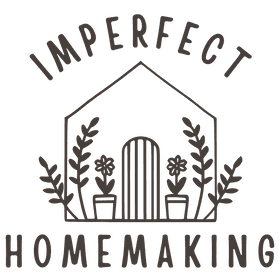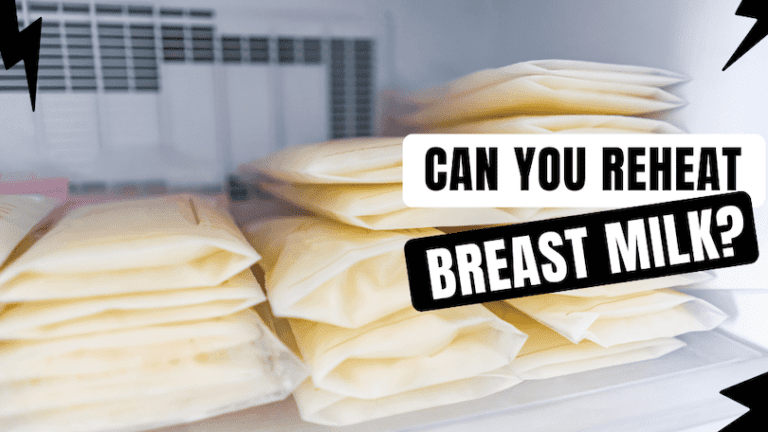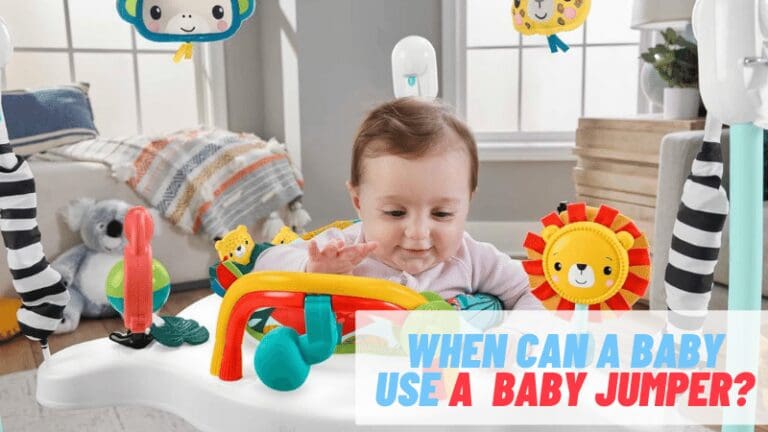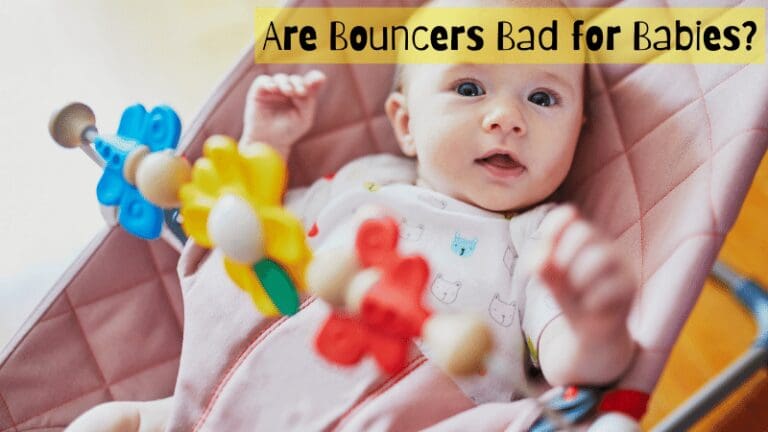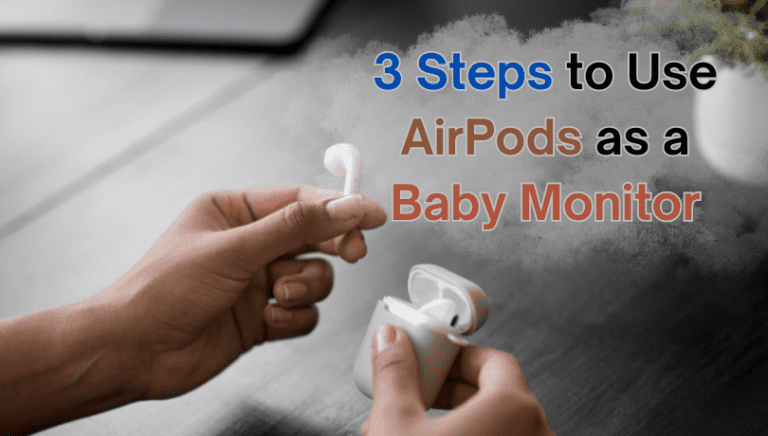Can You Reuse Baby Bottles? A Complete Guide
Parents, let’s admit it – we are super attached to any baby product we get for our little ones. Baby bottles are one such product that we do not wish to discard at all. Some of us will want to use those bottles for the next child, while others keep them as a reminder of those baby days.
But can you reuse baby bottles? Yes! You can reuse, repurpose, and recycle them, too. (Psst! Donating baby bottles is also an option.) And it’s fine even if you’ve not used them for many months. They just need a quality check and a round of cleaning.
So, let’s go through the precautions you should follow before reusing, and stick around to the end to find more ways to repurpose baby bottles.
Table of Contents
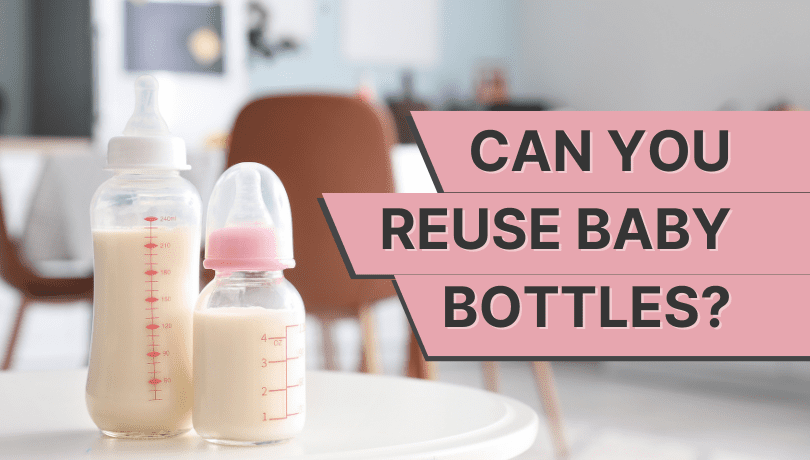
Can You Reuse Baby Bottles?
When baby bottles are stored exceptionally well and remain in good condition, you can reuse them, even after a gap of months or years.
But parents, please remember that your baby has a sensitive immune system. So, clean the baby bottles properly and inspect them for wear and tear before introducing them to your baby.
1. Cleaning
It’s always good to clean your baby bottles thoroughly for better shelf life. I, personally, prefer hot water cleaning, but I also use the dishwasher when I’m short on time, and then I sanitize them before reuse.
- Hot Water Cleaning: This traditional method is the ultimate way to wash your baby’s new or old bottles. To reuse, wash the bottles in lukewarm/hot water using mild soap, removing dirt and other potential bacteria that may have developed throughout the months and years of storage. Likewise, I strongly suggest you wash every bit of the bottle, from nipples to caps and rings.

- Dishwashing: The dishwasher is also useful to clean bottles stored for a while. Please ensure that you separate every part of the bottle before placing it in the dishwasher. Also, know that some tiny parts often land in the filter, so, be careful of how you use the dishwasher.
- Sanitizing: Whether you are storing the baby bottles or taking them out for reuse, you simply HAVE to sanitize the bottle after washing them to remove all traces of germs. Hot water or chemical sterilization are good methods. Once they are sterilized, separate each part and dry them in a safe place. Your bottles shall be ready to use super soon.
2. Inspection
My friend and a mother to a toddler told me –
I reused the bottles for my second child but got the nipples changed and then washed the bottles before using them. And I did not face any issues with it.
- Baby bottles come in different materials. Some of you may choose plastic ones, while others get glass bottles.
- However, maintaining them for reuse is what matters the most. Every bottle deteriorates with time and no matter how well you store them, their properties will change eventually.
So, I recommend you check the condition of the bottle before giving it another go. For instance, plastic bottles get discolored or change shape as they age. Similarly, the glass ones may form cracks with time.
Signs of Damage in Baby Bottles
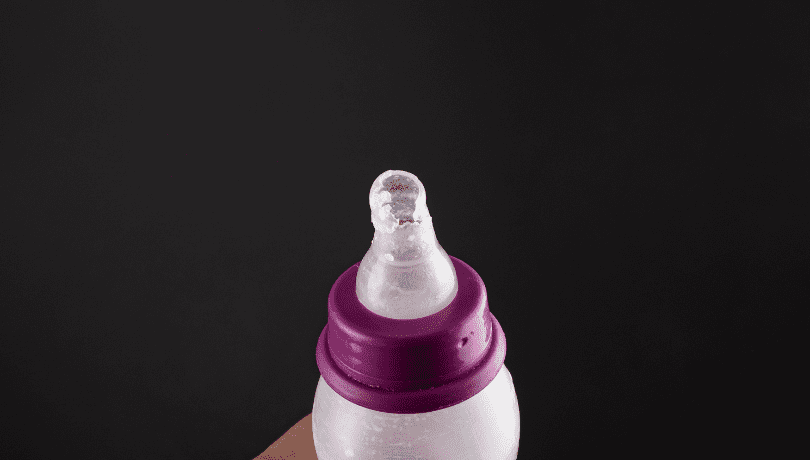
Here are a few signs that will help you assess the quality of the baby bottles. If you notice any of these signs, replace the parts and if that’s not possible, DO NOT REUSE THEM:
- Cracks or holes in the nipple
- Discoloration of the bottle
- Damaged bottle surface
- Changes in the shape of the bottle
- Brittle plastic in any section of the bottle
Reusing Bottles Safely: Plastic vs. Glass
Although there are several types of baby bottles, the dominant ones have been plastic and glass. However, a never-ending debate is about which one’s safer. Here’s some crucial information you should consider before reusing any bottle, be it plastic or glass.
- The quality of plastic bottles deteriorates faster and that can cause possible issues like food contamination, colic, and other digestive concerns. So, it’s always better to inspect it carefully before reuse.
- Glass bottles can crack and break more easily, even though they are more durable. This can be dangerous for you and your baby, so, do not reuse them if you see any such cracks.
Always choose BPA-free bottles if you’re getting plastic ones. If you’ve already got one that has BPA, please do not reuse it under any circumstance because BPA can be harmful to health.
Can You Recycle Baby Bottles?
Yes, if they are damaged beyond a certain point, you can consider recycling them.
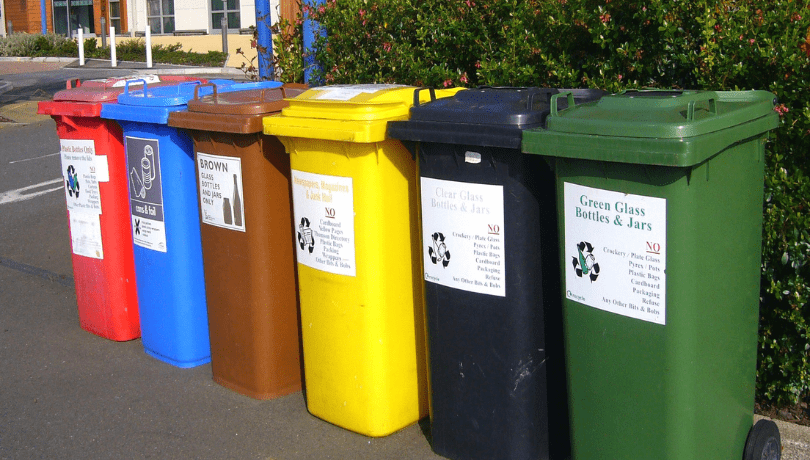
- All you need to do is check the bottle for a symbol or check the outer pack for the details of recycling.
- Many recycling centers also accept baby bottles! Please check your local centers to see the types of bottles they accept. Follow their guidelines to dispose of your baby bottles responsibly.
Repurposing Old Baby Bottles
I’ve bought several baby bottles over the years, what with taking care of six children! And I’ve found that there are other ways to use baby bottles beyond recycling too.
Here are some fun ways to repurpose old baby bottles:
- Use them as a measuring cup.
- Paint and use them to plant tiny indoor succulents or more.
- Make it a plaything for your children! Simply hand them over to your kids and watch as they use the bottles creatively for their playtime.
There’s another suggestion too: if you feel that the bottles are still in a somewhat decent condition, do not hesitate to donate those bottles. Local animal shelters also welcome such bottles to feed tiny animals!
To Conclude: Can You Reuse Baby Bottles?
Reusing baby products is never a bad idea, but what matters the most is their condition. Stay on top of it and keep an eye on the signs of deterioration. It doesn’t matter if the bottles have been stored for months or years, if it does not pass your quality checks, then they cannot be reused.
If reusing is not an option, please consider recycling, repurposing, or donating them as well!
